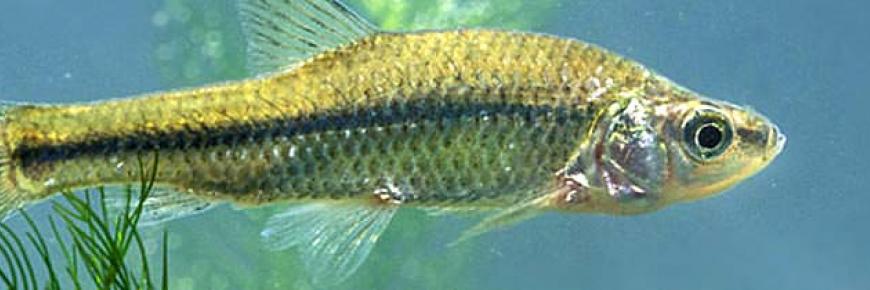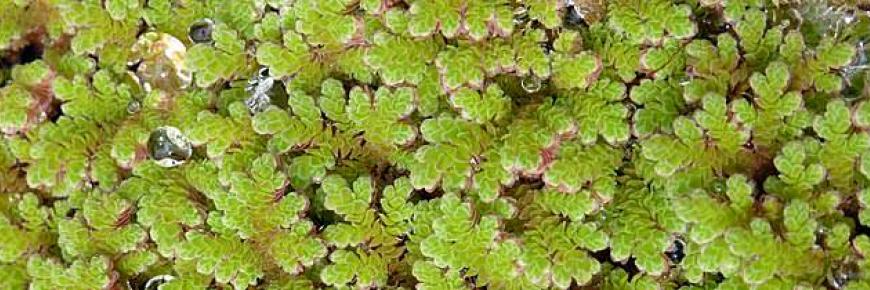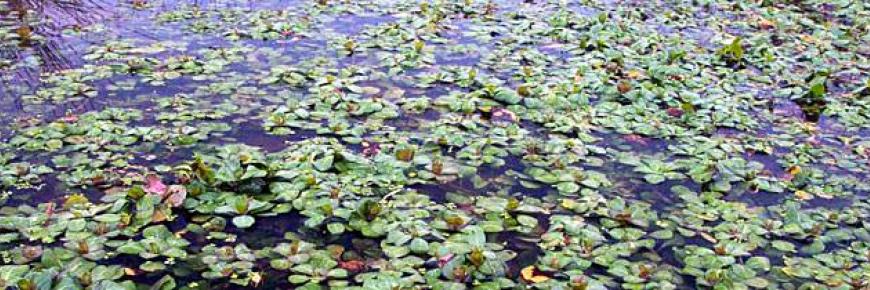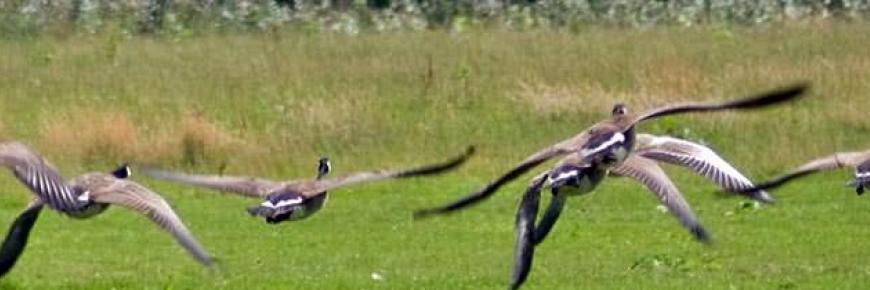Welcome to RINSE (2012-2014)
RINSE (Reducing the Impacts of Non-native Species in Europe) was an exciting European Project which looked at ways of managing invasive non-native species (INS) across the Two Seas Programme area. It sought to improve awareness of the threats posed by INS, and develop the methods used to address them.
The RINSE project has ended in 2014. However, project results are taken a step further, into the new Two Seas Programme cluster project SEFINS. Read more on SEFINS here.
An invasive non-native (or 'alien') species is considered to be any non-native animal or plant that has the ability to spread causing damage to the environment, the economy, our health and/or the way we live. Many of these impacts are caused by INS disturbing the natural balance within an ecosystem. INS can cause disruption by outcompeting native species (by growing more quickly or being more aggressive), by acting as a vector for an exotic disease, through genetic impacts or by directly feeding on native species which have no defence against the new threat.
INS are widespread within the RINSE project area and continue to be introduced via many different methods such as commercial shipping, the horticultural and pet trade and tourism. Insufficient information on the distribution and spread of INS has historically made it difficult to prioritise and target action, leading to ad-hoc control efforts. Furthermore, insufficient sharing of information about INS across countries has led to duplication of efforts. Poor general awareness of the threats posed by INS means that some are still available commercially, or are released into the wild.
RINSE was funded by the European Union - Interreg IVA 2 Seas programme and had a total of nine partners from France, England, Belgium and the Netherlands.
Latest News
Latest Blog Post
Muntjac deer (Muntiacus reevesi) are one of the oldest known deer species, first appearing 15-35 million years ago.
Did you know?
Nearly 2000 non-native species are currently established in Great Britain.
400
aquatic non-native plants are currently traded in Europe
Did you know?
An introduced population of non-native Pallas squirrel has successfully been controlled in the RINSE area.
2012
is the first year that ruddy duck control has been undertaken in Flanders.




